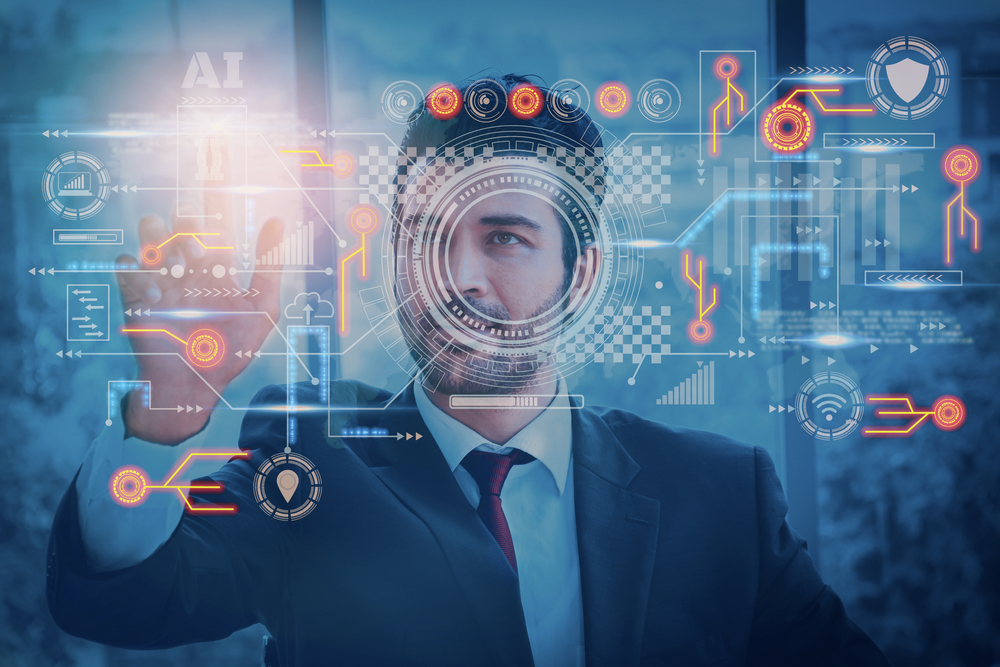
AI in Business Operations: Real-World Case Studies of AI-Driven Success
Artificial Intelligence (AI) is no longer a futuristic concept—it’s a powerful tool driving efficiency, innovation, and growth across industries. From automating workflows to enhancing customer experiences and optimizing logistics, AI is transforming the way businesses operate. Companies that integrate AI effectively streamline processes, reduce costs, and make smarter decisions, giving them a strategic edge in today’s fast-paced market.
But how is AI being applied in real business operations? Let’s explore real-world case studies that showcase how industry leaders are using AI to revolutionize their workflows.
AI-Driven Business Operations: Case Studies & Real-World Impact
-
Automating Workflows & Enhancing Efficiency
Case Study: UiPath & Uber – AI-Powered Finance Automation
AI-driven Robotic Process Automation (RPA) is eliminating repetitive tasks across industries. UiPath, a leader in RPA, helped Uber automate finance and accounting processes, specifically invoice processing and expense approvals.
Results: Uber saw an 80% reduction in manual errors and a 60% boost in operational efficiency, freeing up employees to focus on higher-value work.
-
AI for Smarter Decision-Making
Case Study: JPMorgan Chase – AI for Fraud Detection & Risk Management
Financial institutions are leveraging AI for security and risk management. JPMorgan Chase implemented COiN (Contract Intelligence), an AI-powered system that scans and analyzes legal documents in seconds—a process that used to take over 360,000 human hours annually.
Results: JPMorgan not only saved millions in operational costs but also strengthened fraud detection, preventing financial losses and improving compliance.
-
AI-Enhanced Customer Experiences
Case Study: Sephora – AI-Powered Chatbots & Virtual Try-On
Retailers are using AI to personalize customer interactions. Sephora introduced AI-powered chatbots and an Augmented Reality (AR) virtual try-on tool, allowing customers to test makeup products digitally before purchase.
Results: Sephora saw a 30% increase in customer engagement and a 20% rise in online sales, demonstrating how AI improves customer satisfaction and drives revenue growth.
-
AI in Marketing & Sales Optimization
Case Study: Coca-Cola – AI-Driven Consumer Insights
AI helps businesses understand consumer behavior and optimize marketing campaigns. Coca-Cola uses AI-powered sentiment analysis to track customer opinions across social media, refine product messaging, and even design new product packaging based on real-time data.
Results: Coca-Cola saw a 35% boost in consumer engagement and significantly improved its marketing ROI by targeting customers with personalized, data-driven campaigns.
-
AI in Supply Chain & Logistics
Case Study: Amazon – AI-Powered Warehouse & Delivery Optimization
Amazon has revolutionized its supply chain operations using AI-powered robots and predictive analytics. Kiva Robots, Amazon’s AI-driven warehouse bots, assist in picking and packing orders 75% faster than human workers. AI also optimizes delivery routes, reducing shipping times and costs.
Results: Amazon achieved a 10% reduction in operational costs and faster deliveries, reinforcing its reputation for logistics excellence.
-
AI for Product Development & Innovation
Case Study: Tesla – AI-Driven Self-Driving Technology
Tesla leads the AI-driven automotive revolution with its Autopilot system, which uses deep learning to analyze driving conditions in real time. Tesla’s AI continuously improves by learning from data collected from millions of vehicles.
Results: Tesla holds an 80% market share in the electric vehicle industry, demonstrating how AI-driven innovation can redefine entire industries.
The Future of AI in Business Operations: Merging AI with Emerging Technologies
AI is now expanding beyond automation, integrating with emerging technologies like Virtual Reality (VR), Augmented Reality (AR), and Generative AI to redefine business operations and workforce training.
Case Study: Walmart – AI & VR for Employee Training
Walmart implemented AI-powered VR training programs to prepare employees for real-world challenges. Using VR simulations, workers practice customer interactions, crisis management, and store operations in a safe, controlled environment.
Results: Walmart improved employee efficiency by 30%, reduced training costs, and enhanced the overall customer experience.
Why AI is Essential for Businesses Today
AI is no longer a luxury—it’s a necessity for businesses looking to stay competitive. Companies that embrace AI are not just automating processes; they’re creating smarter, faster, and more cost-effective business operations.
Whether it’s optimizing workflows, improving customer service, managing supply chains, or innovating products, AI is shaping the future of business operations.
Is your business ready for AI? Now is the time to harness AI’s power, streamline operations, and secure long-term success in a technology-driven world.








